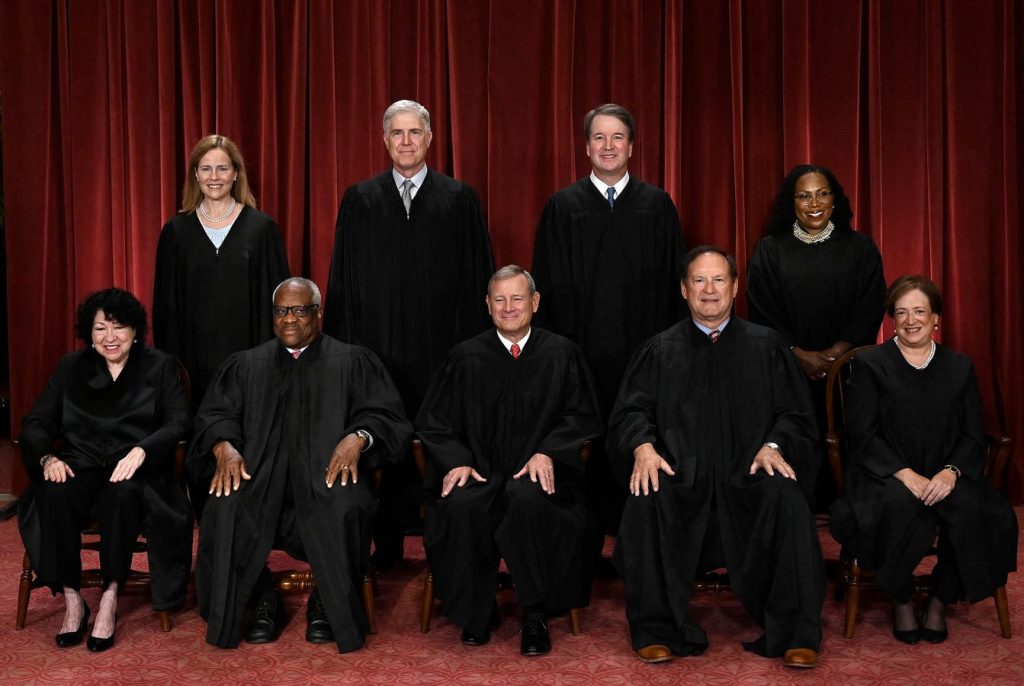The Corporate Transparency Act (CTA), designed to combat money laundering and financial crimes by requiring companies to disclose beneficial ownership information (BOI), has become embroiled in a complex legal battle that has now reached the U.S. Supreme Court. The back-and-forth court decisions have left businesses and advisors in a state of confusion, highlighting the significant implications and uncertainties surrounding the Act’s implementation.
The crux of the legal dispute revolves around a nationwide preliminary injunction issued by a Texas district court, effectively halting the enforcement of the CTA’s reporting requirements. This injunction was granted in response to a lawsuit filed by the National Federation of Independent Business (NFIB), representing a vast network of small businesses, arguing that the CTA infringed upon constitutional rights. The scope of the injunction, applying nationwide rather than just to the plaintiffs involved, became a critical point of contention in the subsequent appeals.
The Department of Justice (DOJ), seeking to uphold the CTA, appealed the injunction to the Fifth Circuit Court of Appeals. Initially, a Fifth Circuit panel granted the government’s request to stay the injunction, temporarily allowing the CTA’s enforcement to proceed. This decision cited the strong presumption that acts of Congress should remain in effect pending final judicial review and voiced skepticism about the district court’s broad interpretation of the constitutional challenge. However, days later, a different panel within the Fifth Circuit vacated the stay, reinstating the injunction and re-blocking enforcement, creating further uncertainty and operational difficulties for businesses attempting to comply with the fluctuating legal landscape.
This legal rollercoaster, with conflicting rulings from different panels within the same circuit court, underscores the complexity and controversy surrounding the CTA. The DOJ, arguing that the injunction is overly broad, has now petitioned the Supreme Court to intervene. The government is asking the highest court to either fully stay the injunction during the appeal process, allowing nationwide enforcement to resume, or, alternatively, to limit the injunction’s scope to only protect the specific plaintiffs involved in the original lawsuit.
The DOJ’s petition to the Supreme Court adds another layer of complexity to the case, raising fundamental questions about the authority of district courts to issue nationwide injunctions against federal laws. The government argues that the district court overstepped its bounds by issuing a universal injunction, a legal question that has yet to be directly addressed by the Supreme Court. The government has even suggested that the Supreme Court consider this specific jurisdictional question before addressing the broader constitutional challenges to the CTA itself.
The Supreme Court’s decision on whether to hear the case holds significant implications, not only for the CTA but also for future legal challenges to federal statutes. If the Court agrees to hear the case, also known as granting certiorari, it could establish important precedents regarding the scope of injunctive relief in challenges to federal laws. Granting certiorari typically signifies that a case involves significant legal issues or conflicting interpretations among lower courts, as is the situation with the CTA. If the Supreme Court declines to intervene, the legal battle will continue to unfold within the lower courts, prolonging the uncertainty surrounding the CTA’s implementation and leaving businesses grappling with conflicting legal obligations. The Supreme Court’s involvement could potentially lead to a landmark decision clarifying the power of lower courts to issue nationwide injunctions, while also settling the fate of the CTA, a crucial piece of legislation aimed at enhancing financial transparency and combating illicit finance.

